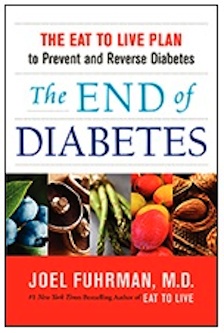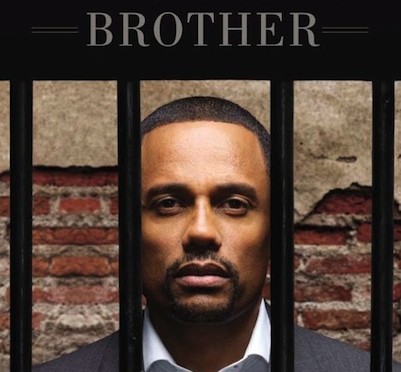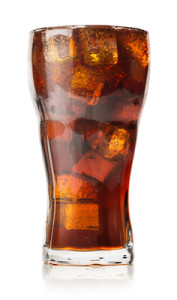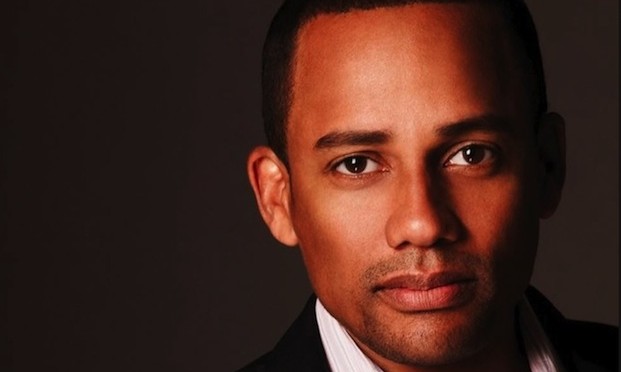“Diabetes is a disease of nutritional ignorance”. That’s the first thing I heard this morning when I turned on the TV. Joel Fuhrman, M.D. seemed to be calling out my relatives with that line. Hearing it said that way, I thought, maybe they would listen.
For years now, I’ve been banging the same drum about how many of the problems clients present with: diabetes, bipolar disorder, MS, depression, anxiety, panic attacks, low blood sugar, stroke, arthritis and even Parkinson’s – these problems are caused primarily by what we eat.
We are poisoning ourselves, voluntarily, because it tastes good. We are committing mass suicide while making food manufacturers wealthy and making our families miserable. But Dr. Furhman was so convincing this morning that I couldn’t help sharing his message with you and here’s a story he told:
He had a patient whose 80+ year old mother was diabetic, had a stroke and was suffering in the hospital. He had gotten her daughter to change her diet and lose, I think he said, 100 lbs. Even though the mother had watched her daughter’s gradual success, she felt that she couldn’t do it. So she had continued eating the bread, cereal, potatoes, fried foods and all the other addictive foods that we’re told we can’t walk away from. Now, finally, there she was incapacitated, stuck in her bed and just waiting to die – from her decision. How many of us have relatives like that? So what happened with her?…………
Lo and behold, she wasn’t ready to die. She adopted a new way of eating – went back to the real old way – you know, real food – fresh veggies, nicely seasoned, peas, beans & greens with a little meat and fish, sugar no more than once a week AND SHE LOST THE WEIGHT, IS NO LONGER DIABETIC, IS NO LONGER SICK, IS OUT AND ABOUT AND ENJOYING HER 80+ YEARS!!!! What about the people you love? What about you?





